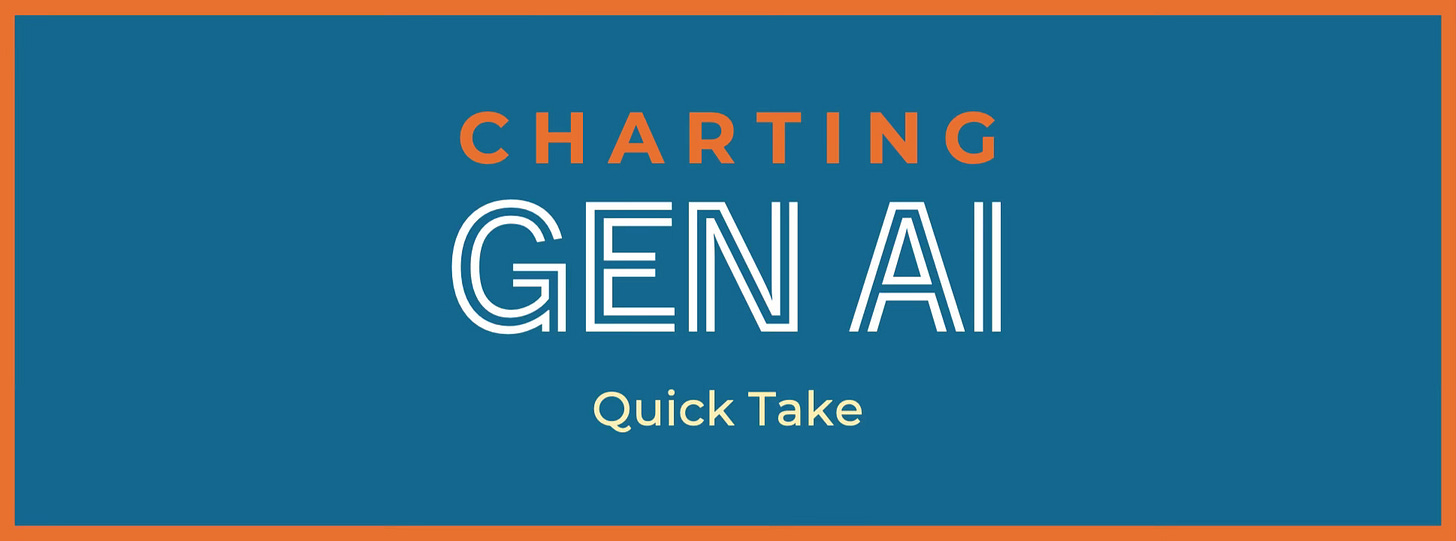AI transparency campaigner scores another victory in battle to persuade UK government to 'act now on copyright theft'
Baroness Kidron tells Charting: 'The house is on fire and they are playing croquet'
Keep reading with a 7-day free trial
Subscribe to Charting Gen AI to keep reading this post and get 7 days of free access to the full post archives.



